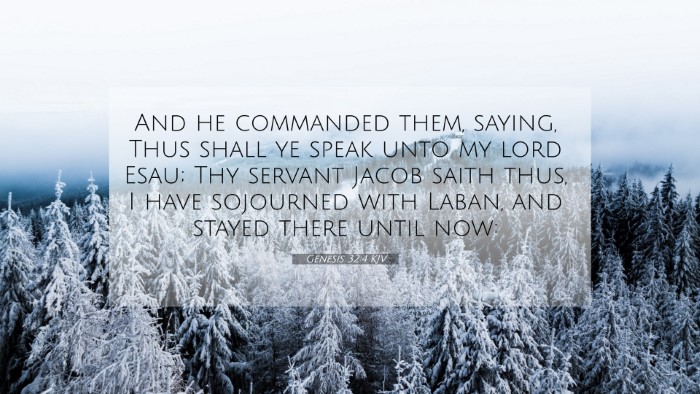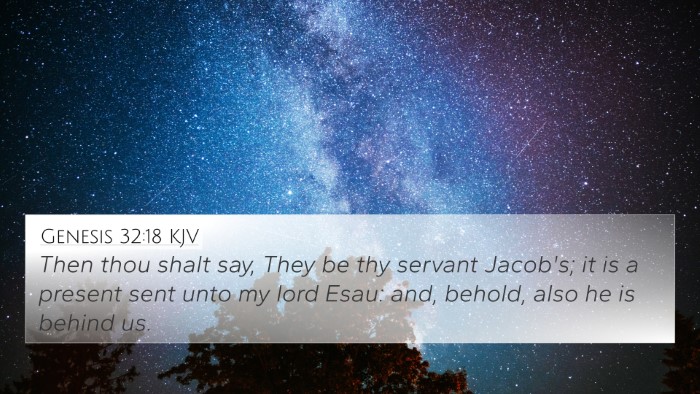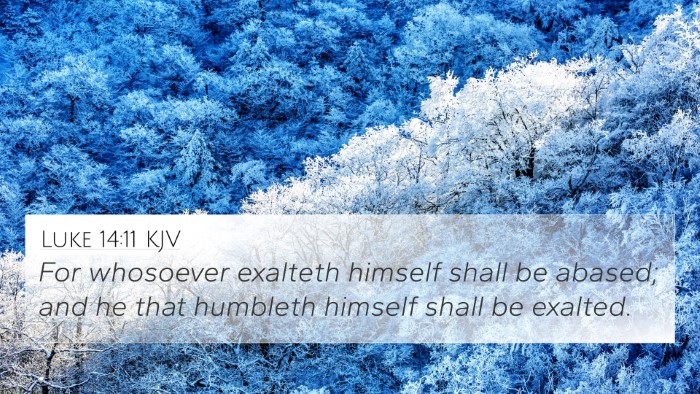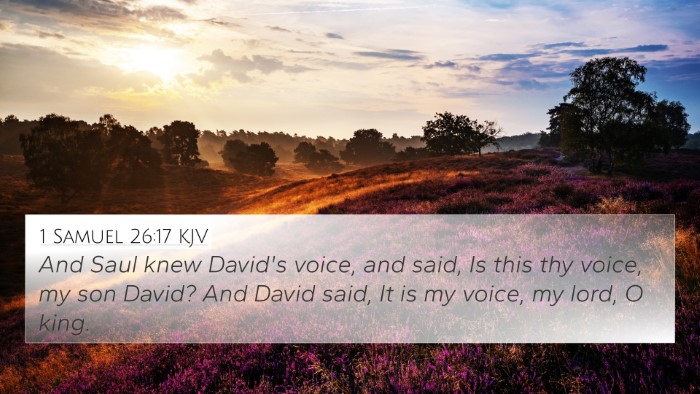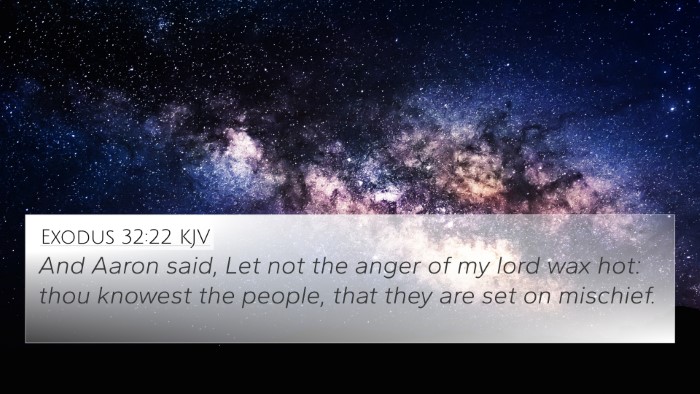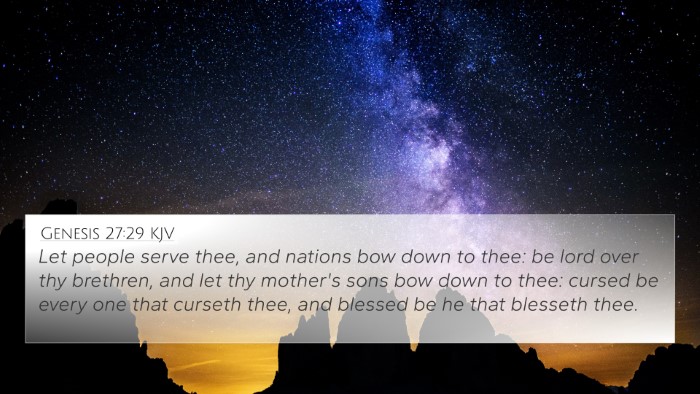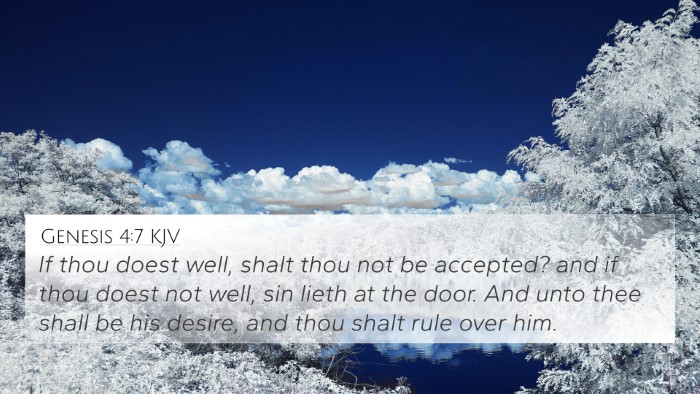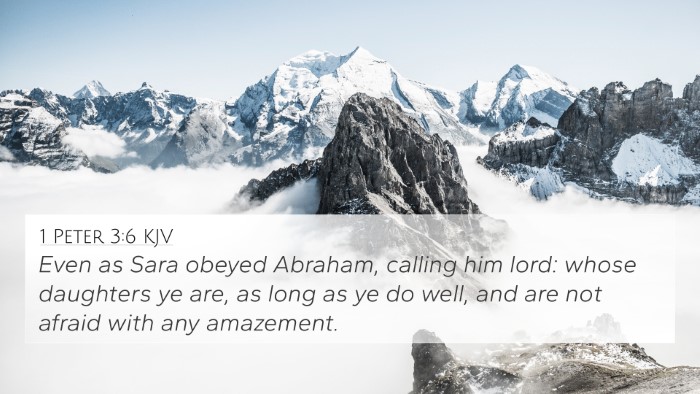Understanding Genesis 32:4
Genesis 32:4 states, "And he commanded them, saying, Thus shall ye speak unto my lord Esau; Thy servant Jacob saith thus, I have
sojourned with Laban, and stayed there until now:" This verse occurs during Jacob's pivotal encounter with his brother Esau, as he prepares to reconcile after many years of estrangement. The complexities of familial relationships are at the forefront of this passage, making it rich for interpretation and cross-referencing with Biblical literature.
Contextual Background
Jacob is sending messengers to Esau ahead of their anticipated reunion after fleeing from his brother's wrath over the stolen blessing. This preparation signifies a moment of humility and a desire for reconciliation. His approach is a mixture of hope and anxiety, reflecting on the intricacies of human relationships and divine guidance.
Commentary Insights
Various public domain commentaries provide deep insights into Genesis 32:4:
-
Matthew Henry: Henry emphasizes the importance of Jacob's humility in addressing Esau. The term "my lord" indicates Jacob's recognition of Esau's position and his own need for favor. It reflects the theme of submission and the impact of previous sins on present relationships.
-
Albert Barnes: Barnes highlights the significance of Jacob's acknowledgment of Laban's influence in his life and his lengthy stay. He suggests that this acknowledgment serves as a bridge in Jacob's communication, emphasizing the transformational journey he has undertaken since his last encounter with Esau.
-
Adam Clarke: Clarke interprets this verse within the broader narrative of reconciliation. He delineates how Jacob, having been transformed by his experiences, approaches Esau not with hostility but with a spirit of peace, a testament to God's work in his life.
Bible Verse Cross-References
Genesis 32:4 connects thematically with several other Biblical passages that explore themes of reconciliation, humility, and God's providence in the midst of family conflicts.
- Genesis 27:41-45 – The estrangement between Jacob and Esau rooted in deception.
- Genesis 33:3-10 – Esau's gracious reception of Jacob, embodying forgiveness.
- Proverbs 16:7 – The promise that when a man's ways please the Lord, even his enemies will be at peace with him.
- James 4:10 – Encouragement to humble oneself before the Lord, paralleling Jacob's approach.
- Matthew 5:24 – The call to reconcile with a brother before offering gifts at the altar.
- Romans 12:18 – Insights on living peaceably with all men, relevant to Jacob's predicament.
- Luke 19:9-10 – Demonstrating the heart of reconciliation through Jesus’ ministry, echoing Jacob's intent.
- Colossians 3:13 – Bearing with one another and forgiving, important in repairing relationships.
- 2 Corinthians 5:18-19 – The theme of reconciliation in Christ, bridging divides.
- 1 Peter 5:6 – Humbling oneself under God's mighty hand, resonating with Jacob’s humility before Esau.
Links to Related Biblical Themes
The thematic connections in the Bible often reveal God’s message of reconciliation and transformation:
- Cross-referenced themes of family dynamics and forgiveness.
- Examining Old and New Testament parallels on reconciliation.
- Investigating the role of humility in spiritual relationships.
- Exploring God's providence through familial conflict resolutions.
- Identifying Biblical principles for conflict resolution applicable to contemporary instances.
Tools for Further Study
To deepen understanding of Genesis 32:4 and its inter-Biblical dialogue, various tools for Bible cross-referencing can be utilized:
- Bible Concordance: Helps locate specific verses and their occurrences.
- Bible Cross-Reference Guide: A valuable resource for linking Bible scriptures.
- Cross-Reference Bible Study: Methodologies for engaging with scripture parallels.
- How to Use Bible Cross-References: Guidelines for effective cross-referencing.
- Bible Reference Resources: Comprehensive resources for in-depth Bible study.
Conclusion
Genesis 32:4 is an illustration of humility, reconciliation, and the profound impact of previous actions on current relationships. By understanding this verse in the context of its related scripture, believers can draw practical lessons on addressing conflict and seeking peace. Utilizing cross-references enriches Biblical study, allowing for a deeper understanding of the interconnectedness of scripture and God’s overarching narrative of redemption.


